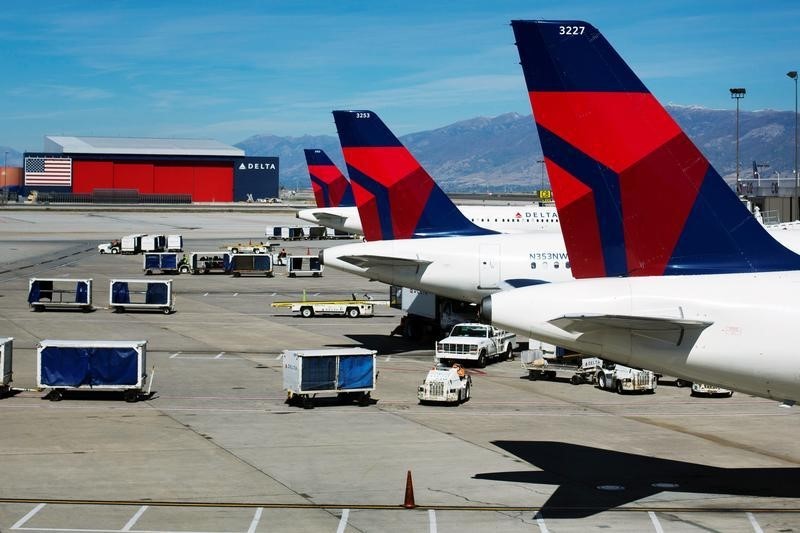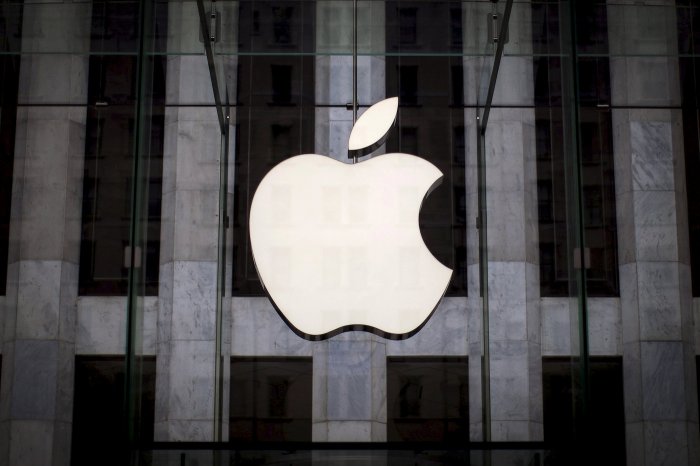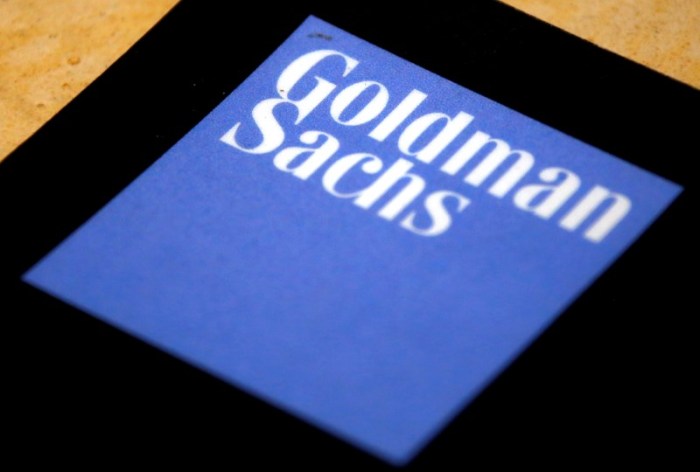By Jeffrey Dastin
(Reuters) – Delta Air Lines Inc’s decision to sell fewer seats from the United Kingdom this winter highlights the threat that Britain’s planned exit from the European Union and new airline competition pose to U.S. airlines that have raked in cash from flights across the Atlantic. Air travel between the United States and Europe has churned out steady profits in the past decade since top U.S. carriers deepened partnerships with European rivals, consolidating what had been a fragmented, money-losing market outside the summer tourist season. With immunity from U.S. antitrust law, the airlines in four trans-Atlantic joint ventures have shortened layovers, set prices and distributed revenue among them. But a combination of new entrants and economic uncertainty stirred up by Britain’s ‘Brexit’ vote threaten their business. According to travel data analysis company ForwardKeys, Europe was the only region that saw fewer advance bookings by travelers from other continents for the first five months of the year.
As of May 31, long-haul bookings to Europe for summer trips were down 2.1 percent this year, compared to bookings made at the same time a year ago, the ForwardKeys study found.
A more than 10-percent drop in sterling against the U.S. dollar since the June 23 Brexit vote has chopped some $40 million off Delta’s annual UK sales, the company said on Thursday.
In response, it said it will cut 6 percent of its U.S.-UK seats this winter.
“We have seen some strength in the U.S. point of sale to the UK as the pound has deteriorated,” Chief Executive Ed Bastian said on an analyst call. “Likewise, we’ve seen some reduction in our UK point of sale coming to the United States, and that’s why we’re making certain of the capacity adjustments combined with overall high levels of capacity in the North Atlantic.” Even so, Delta said this summer was still on track to be one of the most profitable on record for its trans-Atlantic business.
The other U.S. airlines with trans-Atlantic partnerships, American Airlines Group Inc and United Continental Holdings Inc, will likely roll back service as well, aviation industry consultant Robert Mann said. “In the fall, Europeans congregate on Fifth Avenue and Rodeo Drive and buy stuff,” Mann said. “With the fall of the pound, there will be a little bit less of that, and not enough of an incentive to get U.S. leisure travelers to do some impulse travel” to Britain outside summer. Delta had been steadily expanding service to the United Kingdom. The No. 2 U.S. airline by passenger traffic, and its British partner Virgin Atlantic Airways Ltd, during the past two months announced new flights from New York to Edinburgh and Glasgow in Scotland, as well as from Portland to London. Now, Delta plans to scrap flights on off-peak days and use smaller aircraft from places such as Manchester, which caters more heavily to leisure travelers than London, Delta President Glen Hauenstein said. London makes up about 35 percent of business travel between the United States and all of Europe, he said. Delta’s move comes after British Airways-parent IAG cut its 2016 profit expectations, citing the Brexit vote, though chief executive Willie Walsh said demand will bounce back in the long run. Brexit is just one potential headwind that airlines face across the Atlantic. U.S. and European carriers alike have warned that new competitors – such as low-cost Norwegian Air Shuttle ASA and Dubai’s Emirates, which caters more to business travelers – threaten to lower fares and even upend their business model. Several Western flag carriers have asked U.S. and European governments to limit their new rivals’ flights, saying three Gulf carriers are subsidized by their governments and are adding capacity irrationally, without respect to demand. U.S. airline unions have said Norwegian’s subsidiaries would undermine wages and working standards. The rivals have disputed these allegations and say they are competing fairly, in response to genuine demand.
“Whatever I do is perfectly rational. Whatever you do is completely irrational,” Mann said. “This is what every airline management team has said.”
(Reporting By Jeffrey Dastin; Editing by Bill Rigby)
Delta’s UK woes signal tougher times for airlines’ trans-Atlantic business

By Jeffrey Dastin
















